Discover our latest news, media, and publications
Showing 1-12 results of 115
Dr Niina Vuolajärvi's research on the criminalisation of sex buying on sex workers was quoted in Scottish Parliamentary debate
Monday 23 February 2026
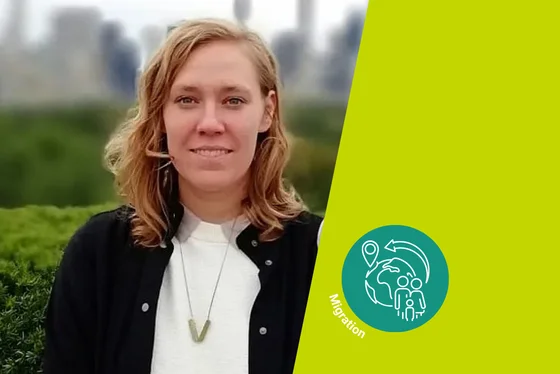
Institutions and climate change
Tuesday 17 February 2026
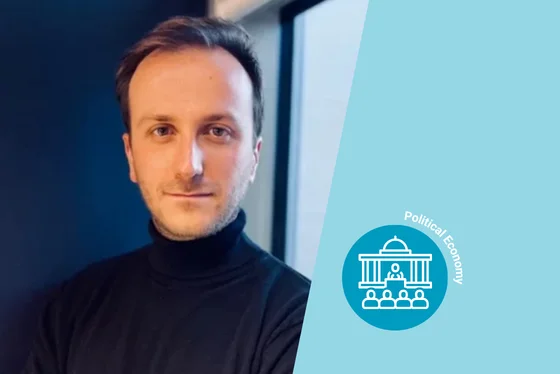
Securitization through criminalization in Italy and France
Monday 16 February 2026
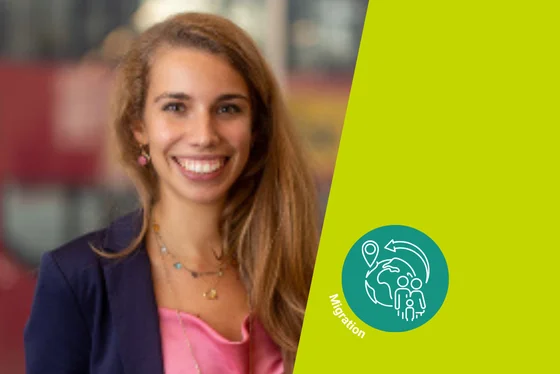
The European Institute to host Finance & Democracy Summer Workshop in partnership with new Huth Initiative at LSE, UC Berkeley, and Brown University
Friday 13 February 2026
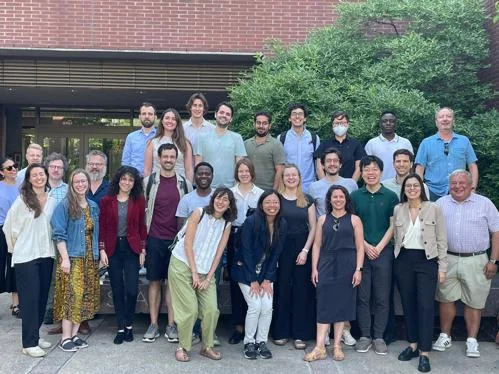
Should you believe the AI hype? Probably not
Monday 9 February 2026

The European Institute is co-organising the 6th LSE - Cambridge Workshop on Political Economy of Türkiye
Friday 6 February 2026

The material basis of gender-based violence and its circuits
Thursday 5 February 2026

Dr Benjamin Braun co-authors report on economic democracy for Spanish government
Wednesday 4 February 2026

The federal emergency - how the EU builds order from crisis
Monday 2 February 2026
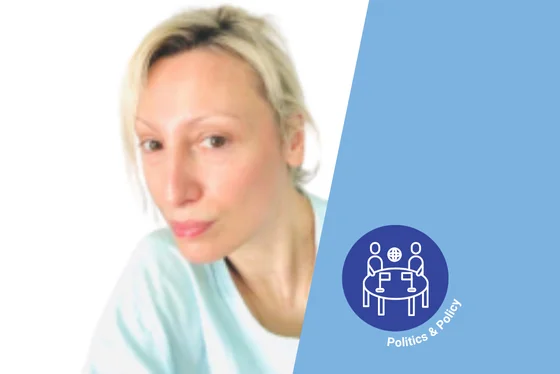
The Commission's EU budget proposals and strategic autonomy
Thursday 15 January 2026

Europe after America: a survival guide for moving on
Wednesday 14 January 2026

LSE alumni honoured in King’s New Year list
Congratulations to our alumni recognised in the King’s New Year Honours and the Order of Canada. The accolades reflect LSE’s global influence and the power of social sciences to shape a better world.
Wednesday 14 January 2026
